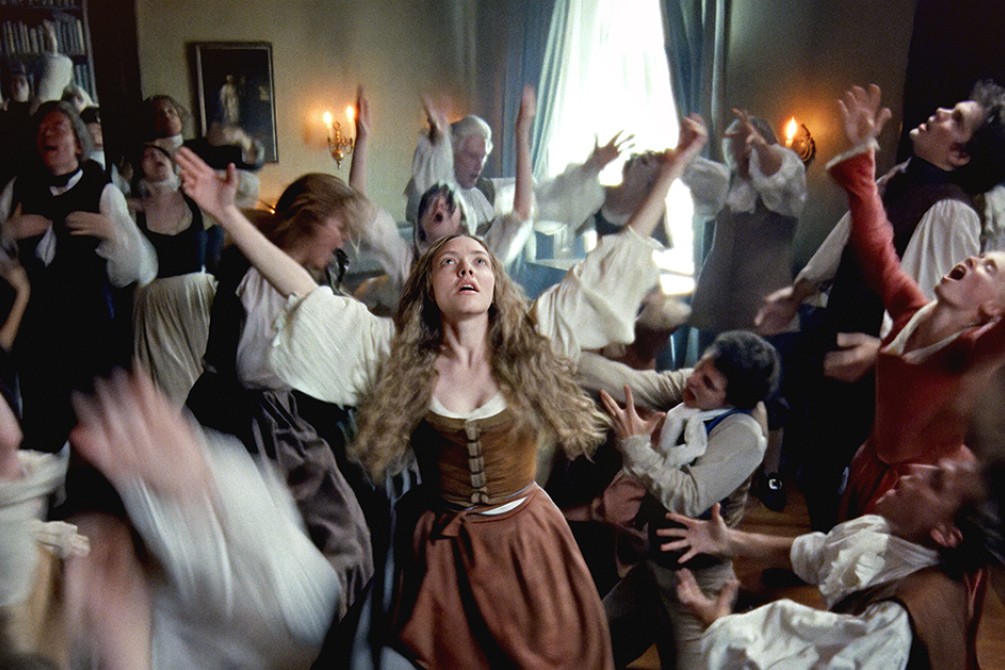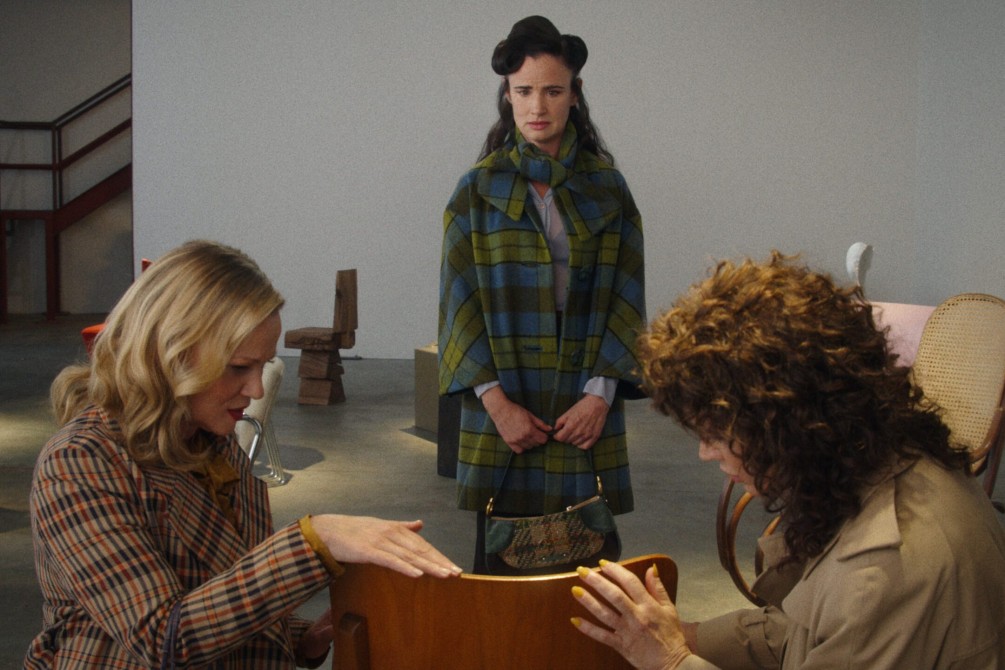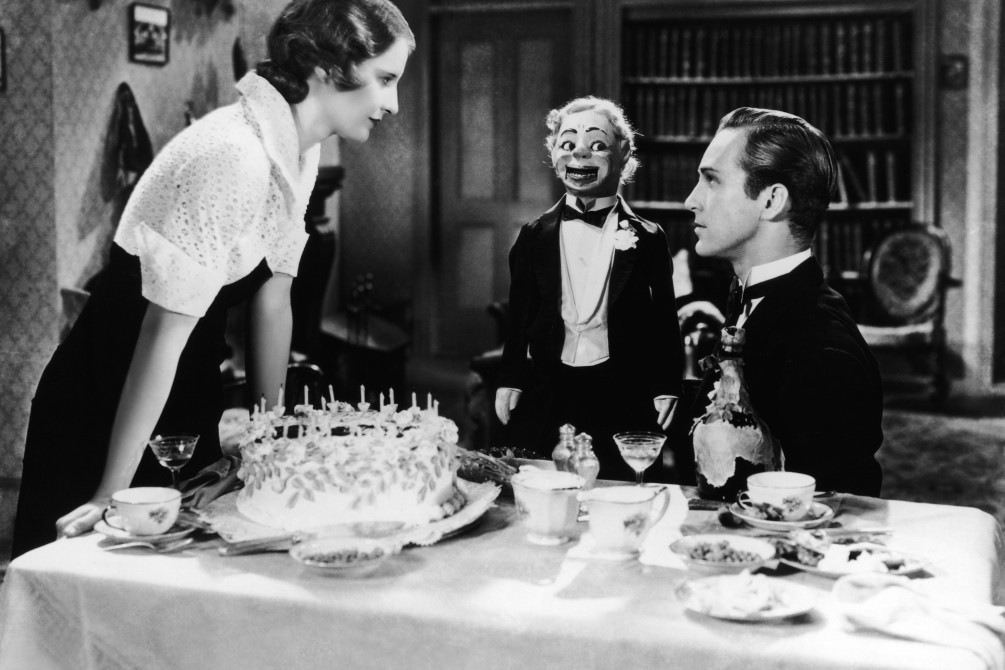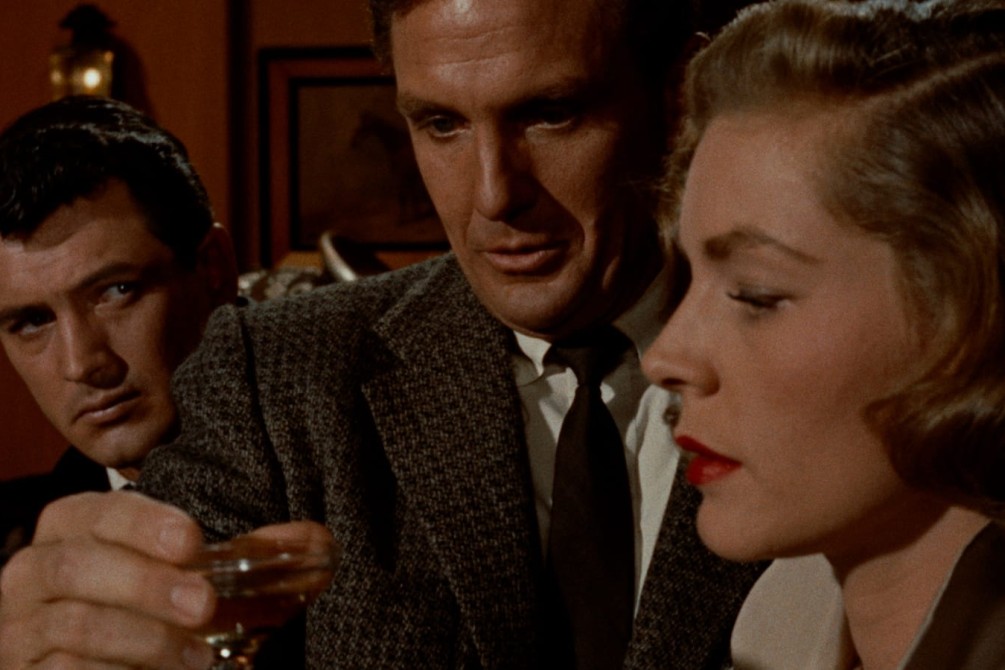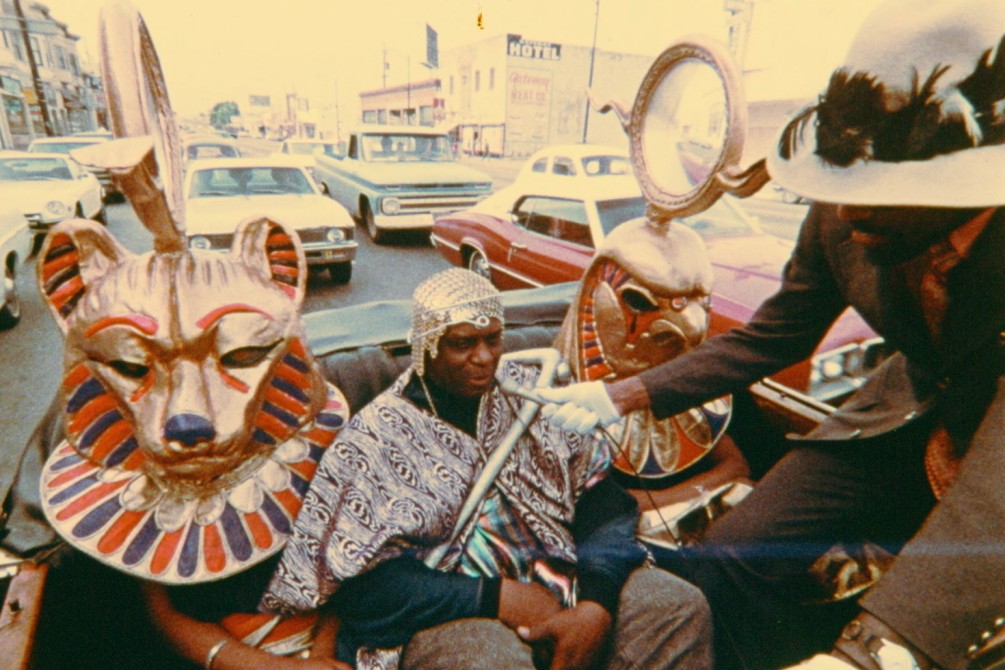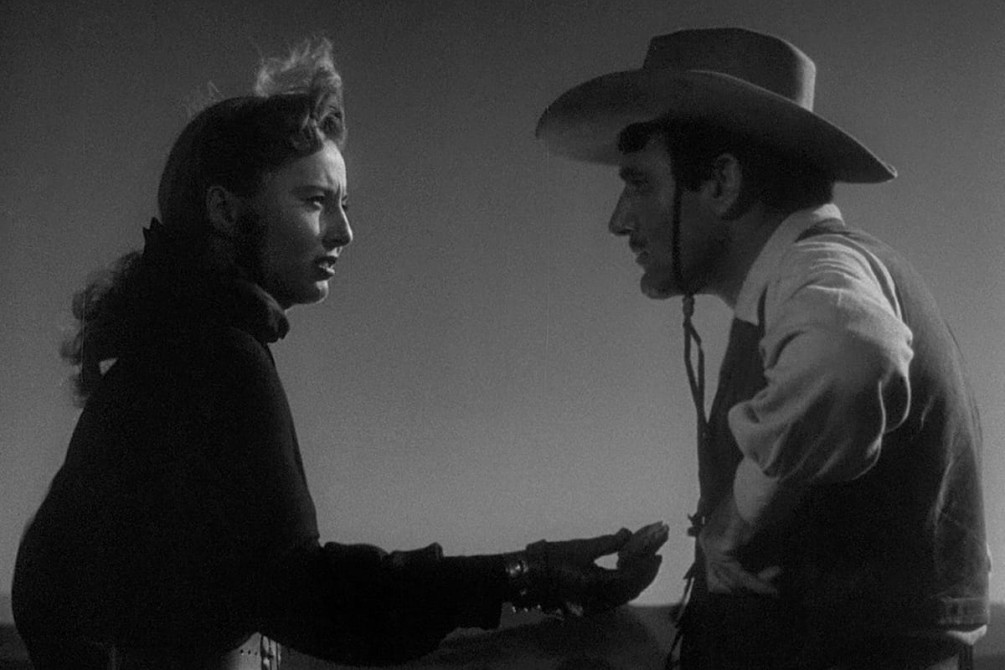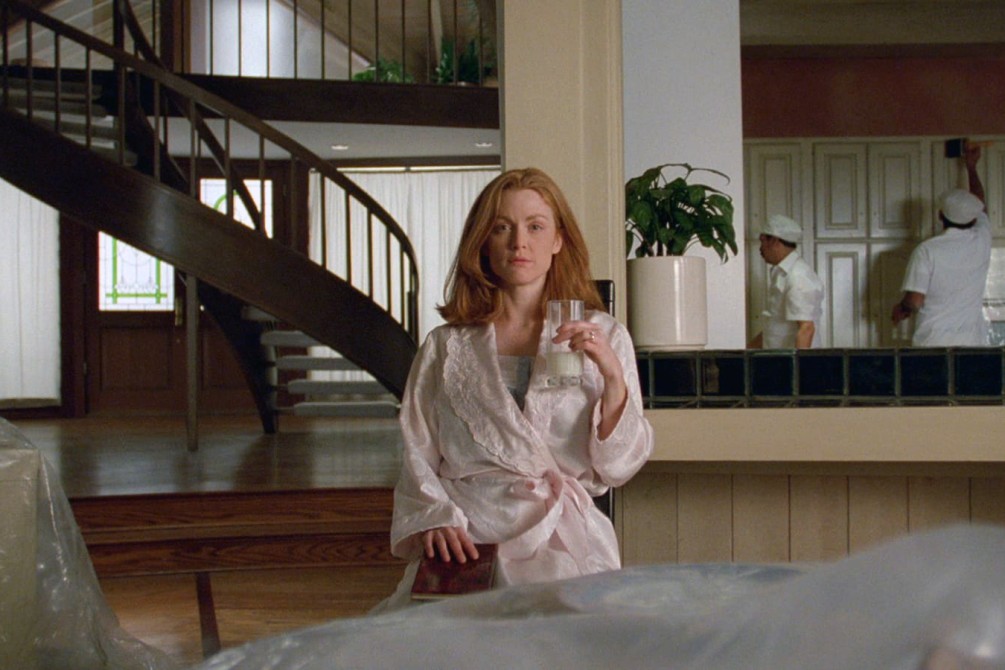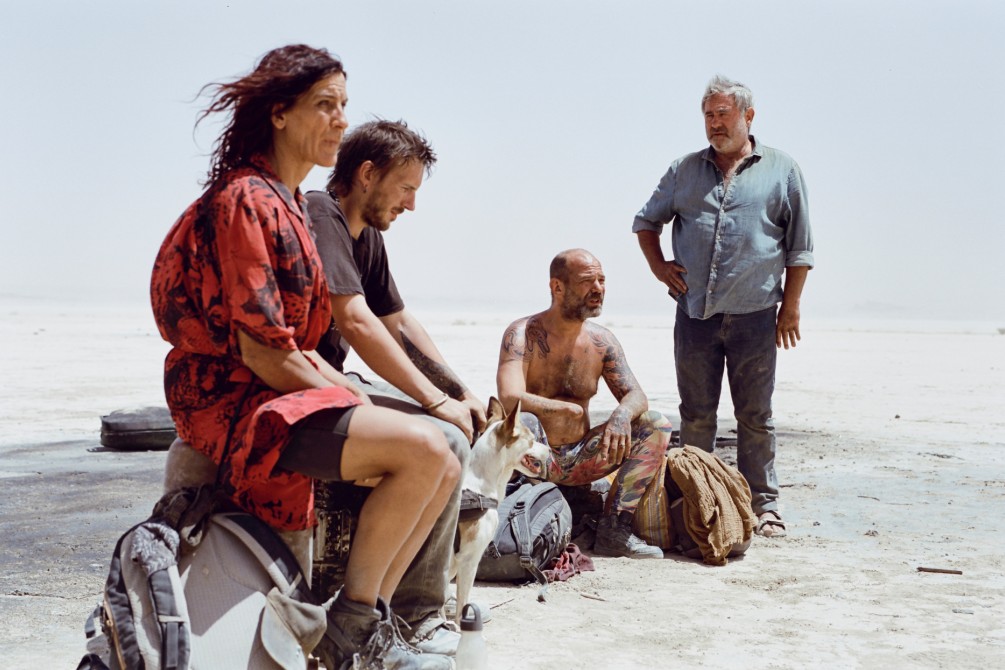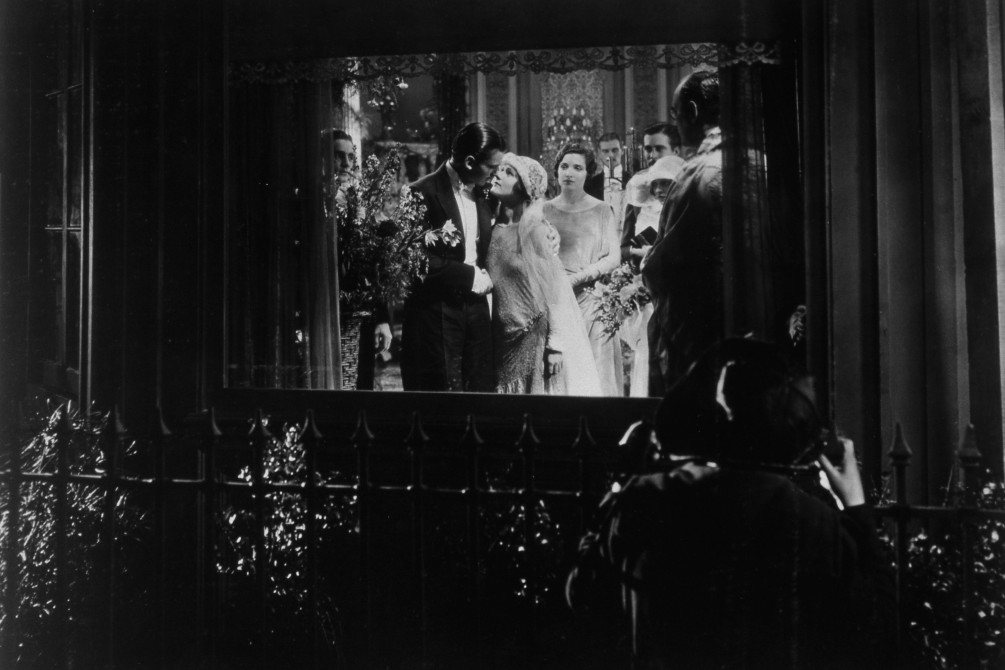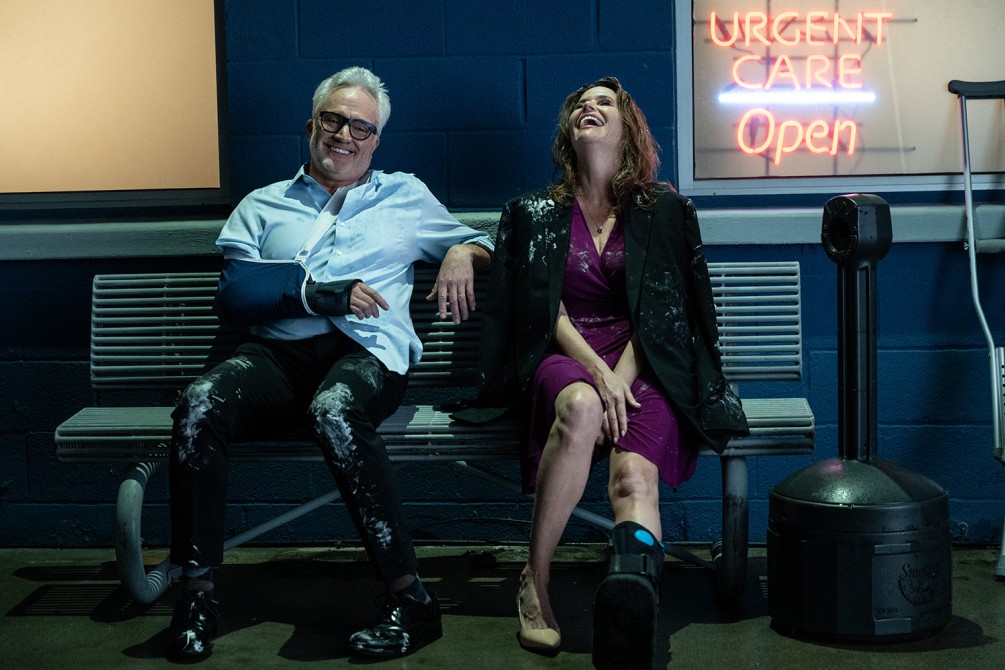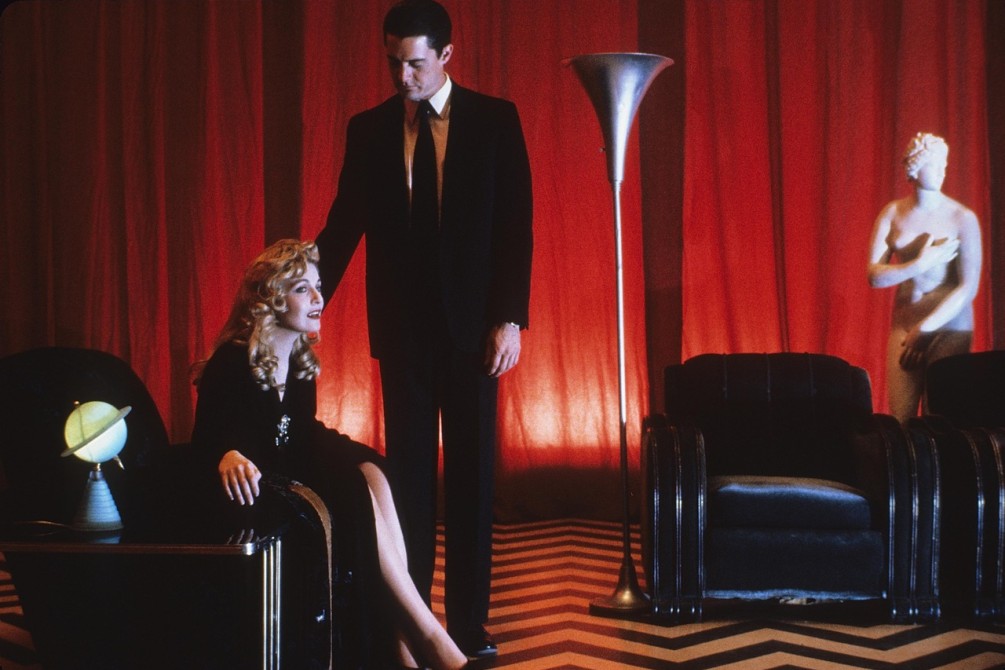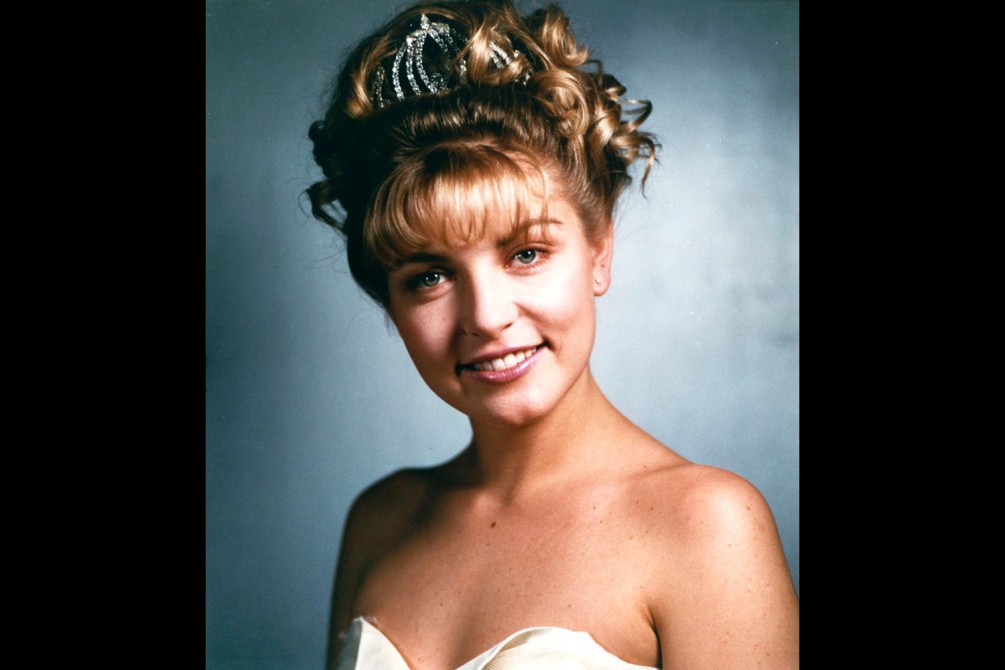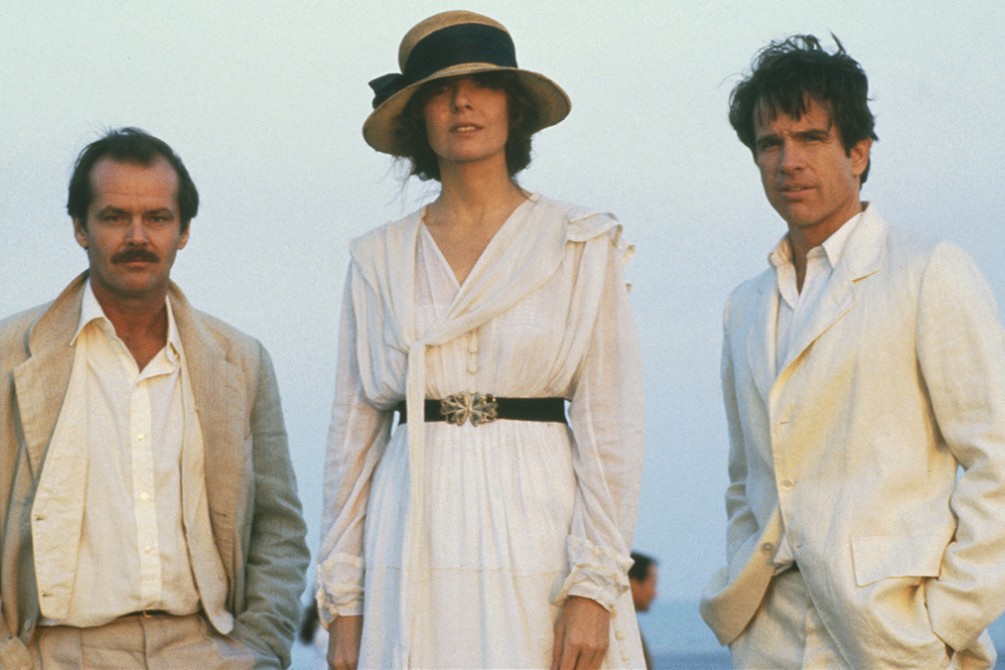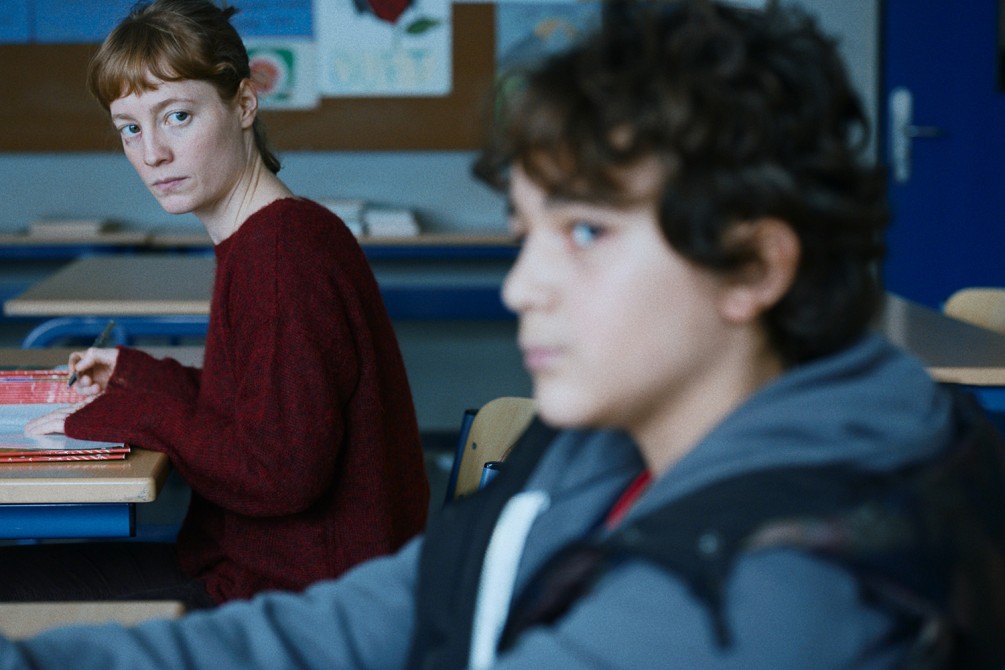
2024 Academy Award Nominee - Best International Feature
Carla Nowak (LEONIE BENESCH) is a dedicated, idealistic young teacher in her first job at a German middle school. Her relaxed rapport with her seventh-grade students is put under stress when a series of thefts occur at the school, and a staff investigation leads to accusations and mistrust among outraged parents, opinionated colleagues, and angry students. Caught in the middle of these complex dynamics, Carla tries to mediate—but the more she tries to do everything right, the more desperate her position becomes.
With THE TEACHERS’ LOUNGE, award-winning director İlker Çatak (I Was, I Am, I Will Be) creates a riveting work about school as a microcosm of society. Starring as a dedicated young teacher, Leonie Benesch (The White Ribbon, Babylon Berlin, Around The World In 80 Days) drives an intense atmosphere through her captivating portrayal of an idealist caught between clashing sides. THE TEACHERS’ LOUNGE is a study in power dynamics, with themes of truth, justice, racism, respect, and children’s rights that demonstrate how individuals are worn down between entrenched positions.
Other strong roles are played by Eva Löbau, Michael Klammer, and, making his film debut in the lead child role, Leo Stettnisch. Cinematographer Judith Kaufmann (CORSAGE) was responsible for the visual design’s ominous mood.
***************************
‘SCHOOLS ARE PLACES WHERE YOU SHAPE THE FUTURE’
An Exclusive Music Box Interview with THE TEACHERS’ LOUNGE writer/director Ilker Çatak.
by Steve Prokopy
Berlin, Germany-born writer/director Ilker Çatak had been making short films and TV series and movie for years, when he finally entered the world of features filmmaking in 2017, and since then has made such standout works as I Was, I Am, I Will Be and Stambul Garden. But it’s his latest work, the 2023 release The Teachers’ Lounge that is getting him international acclaim for the first time. In fact, the movie was selected as the German entry for Best International Feature Film at the upcoming Academy Awards.
Co-written by Johannes Duncker, The Teachers’ Lounge starts out simply, as teacher Carla Nowak (an electrifying performance by Leonie Benesch) attempts to get to the bottom of a series of thefts in her school, and what follows is a series of consequences that threaten to ruin multiple lives, including one of Carla’s favorite students, the boy’s mother, and Carla herself. It’s a work about one woman’s ideals versus a school system that simply wants the matter dealt with and forgotten. And before long, the truth of the matter gets lost as seemingly the entire staff and student body becomes laser focused on Carla’s actions and beliefs. It’s a tense, emotionally wrenching film that marks a true breaking-through moment for Catak.
I got to speak with the filmmaker last October when he was in town for the Chicago International Film Festival, and we discussed his attempt to show how this school is a microcosm of the society at large, while illustrating his belief that a teacher’s job has become an impossible task in every part of the world.
The Teachers’ Lounge opens at the Music Box Theatre on Friday, January 19.
I have a lot of teacher friends in my life, and I know that your film is going to confirm their greatest fear, which is that the smallest thing could ruin so many lives. As a teacher, you’re walking through a minefield every day, of emotions and expectations and behavior. What about that profession did you want to convey?
Ilker Çatak: In films, I like when people pass on something. There is some beauty in that. And we were thinking about all of these films where you have teachers and students, there’s always an interesting relationship between the two. We wanted to have a teacher who is idealistic and not just worn out, which you have so often. That’s something that was intriguing to work on. At the same time, school is an interesting setup, because you have so many sources of material—the parents, colleagues, students—and it becomes a miniature of society. You have the same structure. With a school newspaper, there are issues of censorship, for example. It was a very thankful playground—a lot of areas that we could play in.
Aside from being the place where this theft occurs, what does the lounge represent to you? It’s supposed to be a place to get away from everything or a place to vent.
Right. Well first of all, when I did my research, I spent time in schools, and those teachers’ lounges, when I was a student, those were like holy places. You weren’t allowed to go into one, and I always was thinking that this was a place where my fate was being shaped [laughs]. I wasn’t always sure whether to call the film The Teachers’ Lounge or not, but the distributor said it was actually a great title, because it’s the place nobody knows about. In our research, I was going to say, those lounges aren’t much different from the classes. They are as loud as classrooms—maybe louder—and there’s so much going on. You have cliques—people who get along better, people who are opposed to one another, and you have these tiny little things with coffee, where you put in money, it’s about integrity and hierarchy, you have older and younger teachers, and then there’s a secretary, who is something else. It was an interesting place to spend time in, for sure.
You said the school serves as a microcosm of society. At a certain age, you spend more of your waking hours with the people in that school than you do with your own family. It is your society, not a version of it. Do you think that’s a recent phenomenon, or has it always been that way?
I think it always has been; it’s not a recent thing. Schools are places where you shape the future. The youth is our future, and if I think back, all the films about schools and students, it’s always about the future and what’s to come. School is a promise. As a student, you wonder “What is going to happen after this?” and what’s going to happen is decided on whether you get good grades or not. It decides whether you go to university or not; it’s an important and essential part of our society and how we deal with kids. That’s why education is such a sensitive topic. When we started writing this screenplay, we knew we had to prepare for a shitstorm if we don’t do our research, and that’s why we talked to a lot of people. And every school has different policies, so there are schools that have surveillance, that have law and order, zero tolerance, and then you have schools that are very liberal, like certain states.
When I went to school, I felt like the teachers were there to educate, and now it feels like the teachers have the added burden of raising their students. Some parents put that entire burden on the teachers, and I’m seeing some of that in this movie too. The parents are getting angry because their kids aren’t being raised right.
I think it’s harder to be a teacher nowadays. Back in the day when I went to schools, my parents would say “If the teacher says so, then it must be right,” and now it’s quite the opposite. Now it’s “Are you teaching my kids the right things? Why is this so hard? Why did they get a bad grade?” A tiny little incident can become a shitstorm because there are all of these group chats and text threads. I wouldn’t want to be a teacher today, and I have immense respect for everyone picking up that profession.
I want to talk about this newspaper staff, because I went to journalism school, and I was the editor of my high school paper for a couple years. What I’m seeing these kids doing, they are the worst journalists I’ve ever seen, and then I realized that most of what they’re doing are the equivalent to what most online journalists do—they don’t check all sides of a story, they just print the most inflammatory version of the story. I hated those kids the most.
[laughs] I hated them too, but I do love them because they have a point. They have a journalistic instinct that is absolutely fair, but the way they execute it is wrong. But what are they going to do? If I look at the Fridays for Future [environmental] movement around the world. They just graffitied the Brandenburg Gate, or sometimes they go to a museum and spill color an artwork. Those activism things make we wonder “What’s your point?” But nobody is listening to them, so if nobody is listening, they need to be loud. These kids are loud because nobody listens to them. When you’re young, you aren’t the best diplomat.
I want to ask about Leonard Stettnisch, who plays Oscar. He’s a remarkable young actor. How did you find him, and how did you know he was the right one for this role?
Leonard is the son of Michael, and Michael Klammer is the guy who plays Thomas. So I had cast Michael, and he said, “I’ve got an 11-year-old son; you might want to have a look at him, he wants to be an extra maybe.” And I said, “Okay, whatever. Send me some photos.” Then I saw the kid, and I thought maybe he’d want to send me a video, so let’s send him a scene. He sent me a scene, I watched the video, and I thought, “Wow, this is remarkable.” I got him into the casting, and the kid was so focused. I asked his father if they were doing meditation five hours a day. I didn’t get how this kid could be so centered. I have to tell you, there was something about that kid. He was so humble. There was not a moment where he was like “I’m the star of this class.” His father prepped him very well and has some authority over him, and it was a gift to work with father and son. And they weren’t the only father-son combination in the film. There’s something about these kids of actors; they grow into the role.
By being surrounded by children making this movie, did you get a sense of what it was like being a teacher?
Absolutely. Yeah, sure. I said to them, “Guys, we can’t make a film if you are loud. We need discipline. I need you to go to bed early, to know what the scene is about, to have a work ethic.
You didn’t do the clapping thing [the Leonie Benesch character does a clapping routine to quiet her class]?
[laughs] The clapping thing was research; it wasn’t in the script. When I spent time in schools, I saw it and put it in the script. I liked it too. And when the one kid says “It’s actually embarrassing when we have to do that,” it’s a good punchline too.
Speaking of Leonie, whom I’ve seen in many other films over the years…
She’s the best German actor of her generation.
How do you get her to take a look at this and agree to take on this difficult role?
The funny thing is, her agent wanted us to work with one another. I didn’t know that, but when I wrote this script, I was thinking of her. It was kind of tailored to her. And when we approached her, she said “I like it. I don’t know what this is going to be, but I’m going to do it.” I said, “I don’t know either.” And she said, “There one more thing: I don’t like children.” [laughs] “I’ll deal with them, don’t worry.” I think there’s a hidden energy in writing a script for an actor because on set, we didn’t really talk much. She just made an offer that was brilliant, we did it, and I would move on; we would wrap up early. Most of the time, it was one or two takes.
Everyone has their opinions today; everyone feels like they need to be heard, whether their opinion is based in fact or logical or not. There’s a lot of that going on in this movie, especially with the parents. Was part of your mission to get us riled up and angry about the way things have become in schools?
I don’t have missions when I make films. Sometimes, I would observe something and emulate it in the film. In this case, it was our times, the way we communicate, the way our debate culture has shifted, even vanished. Like you said, everybody wants to be right. It’s not like I’m asserting my opinion on anybody; that’s not the goal. I want to make an offer for a conversation. Most of the films I love are about a question being posed, other than an opinion they’re trying to push on me. That’s what I like with films and cinema, which is actually a space for me where I can make up my own mind. Unlike television, it’s a space where I can go out and have a discussion with people and make up your own mind. You have that to a degree in television too, and that’s why the question gets louder and louder: What actually is cinema nowadays? If you ask my father, he goes to Avatar and likes the spectacle. For me, it’s something else; it’s actually the thing where I don’t get every answer, but I have to make up my own mind. I love that.
What would you like people thinking about as they come out of your film?
I would love them to reflect on how we deal with the weak in society, because every society seems to need a scapegoat. Truth has become a very subjective thing. There’s this one scene where the teacher is talking about proof, and she stands for truth. Then she’s asked “Did the kid hit you?” and she says he didn’t. In that moment, she puts a higher truth at the forefront; that’s what she’s serving. I like these shifts where people talk about these things: “What would I do?”
I was doing that the whole time, and many times I did not agree with what she did or said.
She’s flawed, of course.
The film is officially Germany’s contender for an Oscar.
I don’t know how that happened!
It’s wild! How does that make you feel?
It’s crazy. We started off making this film as a really small film. It was the pandemic; let’s make a film we can control, and it turns out to be Germany’s Oscar submission. We’ve been surprised by this film so many times. Now I’m like, what else is there? If we get nominated, it would be incredible. It would be surreal to have that with a film like this, especially after a film like All Quiet on the Western Front [last year’s German submission), which was quite the opposite with all of the opulence and war thing. But this is also war [laughs].
In a strange way, it was comforting watching your film and discovering that it’s not just the United States that has these issues with its school system.
Yeah yeah, it’s a mess all over.
Best of luck with this. Great to meet you.
Likewise. All the best.
Steve Prokopy is the chief film critic for the Chicago-based arts outlet Third Coast Review (www.ThirdCoastReview.com), a co-host of the Movie Madness podcast, and the Public Relations Manager for the Music Box Theatre.
Recommended Films
